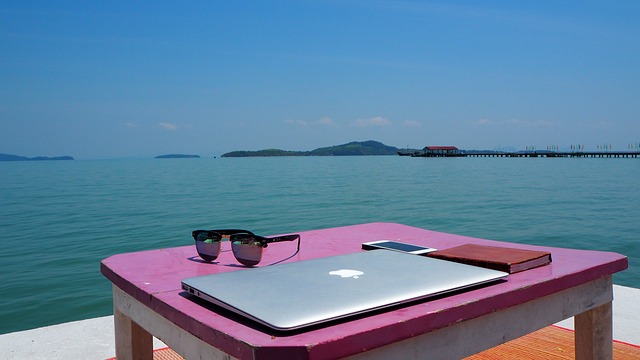
The internet has allowed us to enter a new age. The digital age. While it’s been upon us for quite a while at this point in 2018, the digital age has changed the landscape of the way we can lead our lives. Instead of being rooted in one city, people have the opportunity to move around from city to city, and even country to country. A nomadic lifestyle, fueled by entrepreneurship, excitement, adventure and remote work.
Now that you’ve discovered you can do your job from almost any corner of the world, it’s time to uproot your life. Nomad List will help you analyze different locations based on 250,000 data points and it will help you connect with the 40,000 some odd nomads living there.
You’ve resigned from your job. After spending long hours mulling over whether it’s the right move to make, quitting your job that is, you wrote a long letter of resignation. You probably re-wrote it three or four times, too. The apprehension of leaving what you know for a new venture is nerve wracking, which means you should have a checklist of the things you need to accomplish before you leave. That way, all your i’s will be dotted and your t’s will be crossed.
Where do you start?
Consider your belongings. As you uproot your life, there are many things you’ll need to consider leaving behind. Some of your belongings, naturally, such as furniture, files, and other large items should be left behind. At this point, you have a few options. Firstly, you can sell all of your belongings and be unattached, especially if you’re giving up that fancy one-bedroom apartment you’ve leased for a year or two.
Traveling light is a must for any and all digital nomads. There are few travellers who want to pay fees for oversized bags and additional possessions as they go about their adventures. One of the benefits of the digital nomad lifestyle is that you are not weighed down by your things.
If selling all your possessions and floating free into the world isn’t your style, you can make room in your budget for the a monthly fee to rent a self-storage unit. Self-storage units are a cost effective way to safely and securely store lots of things while you’re exploring the world. If you don’t have a permanent address or you won’t have one in the near future, finding a self-storage location near your home base will help you stash the possessions you can’t take on the road but you want to come back to. Storage in the U.S. is pretty cheap, and this map of of the cost of self-storage can help you figure out what your budget should be based on your location.
As you’re “cleaning house”, one thing you can safely rid yourself of is paper documents. With the ever expanding digital universe, there is ample space to store your important documents in the cloud, on a drive, or in a secure app. It might be tempting to leave your files and important documents in your storage unit, but that may be against the better part of wisdom. Unless you’ve rented a climate controlled storage unit, it’s better to store digital copies of your files. You also create an ease of access this way, and your files or documents will be available to you all over the world.
We live in the digital age, which means many components of our lives can be packaged and stacked in storage units while we opt for the digital nomad lifestyle. Your things will be secure, and awaiting your return home.

